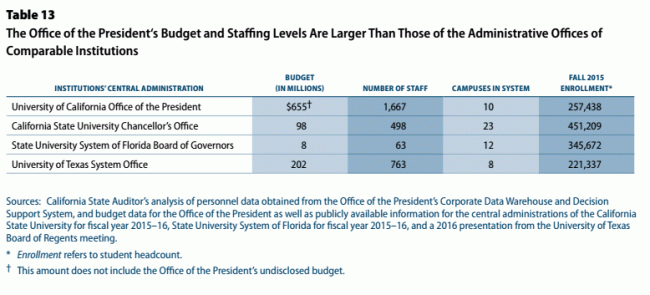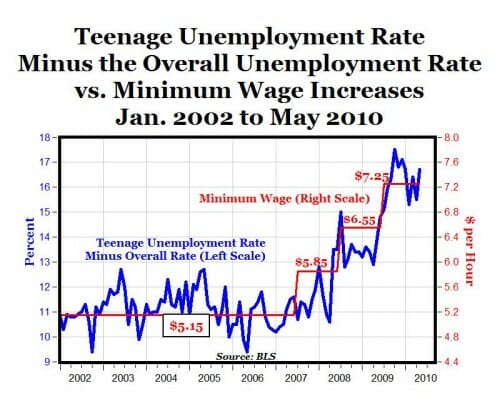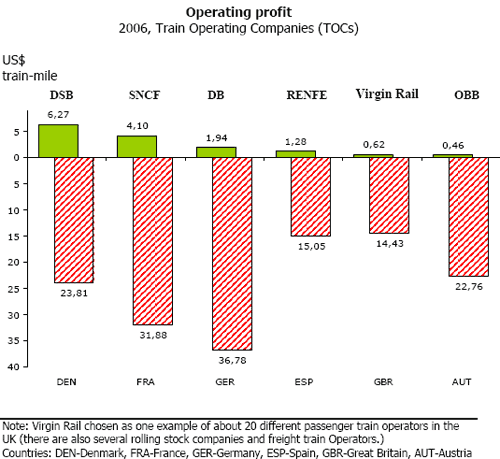This One Simple Trick Will Send a Lot of Municipalities Into Bankruptcy
Democrats in the state House have proposed issuing $107 billion in bonds to backfill the state’s pension funds, which are short $129 billion. Annual state pension payments are projected to increase to $20 billion in 2045 from $8.5 billion—not including interest on $17 billion in debt the state previously issued to pay for pensions.
At the request of state retirees, a University of Illinois math professor performed a crack analysis showing how the state could use interest-rate arbitrage to shave its pension costs. Under the professor’s math, the state could sell 27-year, fixed-rate taxable bonds and invest the proceeds into its pension funds. This would supposedly stabilize the state’s pension payments at $8.5 billion annually, save taxpayers $103 billion over three decades and increase the state retirement system’s funding level to 90% from 40%. Can the mathemagician make House Speaker Michael Madigan disappear too?
So what exactly does this mean? What is the trick? Essentially, the trick is... investing using margin. The professor's math was based on borrowing at 5% and then investing at 7.5% returns (the returns the pension funds have gotten over the last several years' bull market). Ignore the fact that this rickety scheme probably will not be able to borrow at 5%, but likely at a higher rate. Even at 5%, the problem is that if returns fall below the interest being paid on the bonds, the state and the pension funds are in worse shape than they were before. If you saw a friend who was in the hole after a night of losing gambling who was trying to borrow more money from the house to try to make it all back, you would stop him, right?
Given the risk of falling short of covering the margin interest, one also has to worry about the portfolio asset allocation incentives here. You certainly can't borrow at 5% or more and expect to make any money investing long-term in almost any sort of reliable bonds. This is going to push the pension managers into riskier all-equity portfolios and even beyond into trying even riskier investments that have almost never worked out well for government pension funds.
I write all this because apparently this insanity is coming to Phoenix. ugh.
Update on the last point: From today's WSJ:
A decade of low bond yields pushed some of the most stability-minded investors to dabble in risky investments that depended on markets being orderly. Now, those bets are looking problematic.
In the past, pension funds, endowments and family offices pursued relatively safe investments. After interest rates collapsed on the heels of the financial crisis, they ran into challenges paying pensioners and filling university budgets, and added riskier bets on hedge funds and venture capital in the hopes of winning better returns.
More recently, some of these investors also made big, unpublicized wagers seeking to benefit from what had been an unusually long period of low volatility, according to pension-fund consultants and others who deal with these institutions. The strategies, often involving the writing of complicated options contracts, were for years a source of easy money. Markets hadn’t been so calm since the 1950s.
Among those making such bets were Harvard University’s endowment, the Employees’ Retirement System of the State of Hawaii and the Illinois State Universities Retirement System.
Yet volatility has now returned to markets, with a vengeance. When the Dow Jones Industrial Average lost more than 2,400 points in a week, intraday market swings also surged. The Cboe Volatility Index, or VIX, a measure of expected swings in the S&P 500, closed at its highest level last week since August 2015, recording its biggest one-day jump ever on Feb. 5 as it surged to 37.32 from 17.31 the prior day.
The $16.9 billion Hawaii fund in 2016 began earning money selling “put” options—essentially a bet that markets would stay calm or rise. When markets fall, Hawaii is on the hook to pay out.




 Postscript: I have always been amazed that greens get all misty-eyed at European rail. Sure, its cool to ride a fast train, but the cost of having an extensive passenger rail system is that most of Europe's freight pounds along highways, rather than via rail. In the US, the mix is opposite, with few passengers on trains but much more of our freight moving by rail. I would have thought that preferentially moving freight over rail rather than passengers was a much greener approach.
Postscript: I have always been amazed that greens get all misty-eyed at European rail. Sure, its cool to ride a fast train, but the cost of having an extensive passenger rail system is that most of Europe's freight pounds along highways, rather than via rail. In the US, the mix is opposite, with few passengers on trains but much more of our freight moving by rail. I would have thought that preferentially moving freight over rail rather than passengers was a much greener approach.